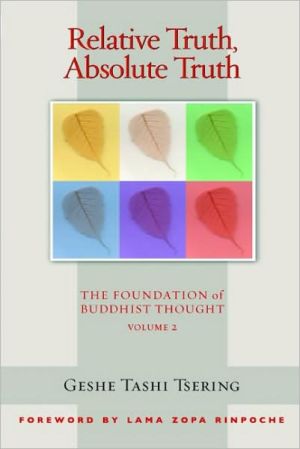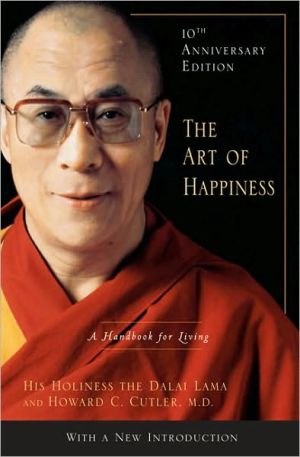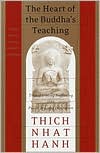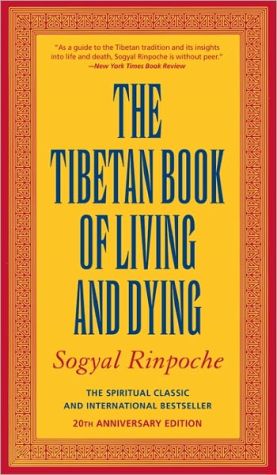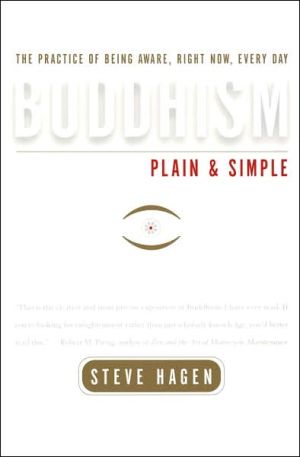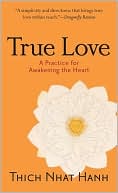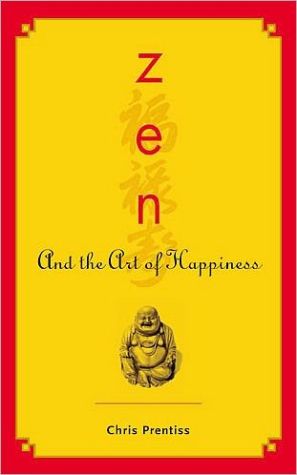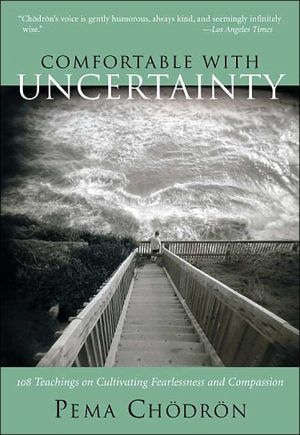Relative Truth, Ultimate Truth: The Foundation of Buddhist Thought
Relative Truth, Ultimate Truth is a clear and remarkably practical presentation of a core Buddhist teaching on the nature of reality. Geshe Tashi Tsering provides readers with an excellent opportunity to enhance not only their knowledge of Buddhism, but also a powerful means to profoundly enhance their view of the world.
Search in google:
Here, the Foundations of Buddhist Thought series shifts to helping readers progress on the Buddhist path by explaining the two "truths," or ways of viewing reality. Geshe Tashi Tsering describes how our perception of reality is obscured or clarified depending on the truth in which we perceive and believe. His systematic approach to Buddhist thought allows readers to gradually but surely enhance their knowledge of Buddhism without feeling overwhelmed.
Foreword Lama Zopa Rinpoche ix Preface xi Editor's Preface xv1 The Evolution of Buddhist Thought 1 Logic and Emotion 1 The Long View 1 Harnessing Our Emotions 3 Listening, Contemplating, and Meditating 6 The Evolution of Buddhist Thought 8 Buddhism in India 9 The Four Schools 12 Buddhism in Tibet 142 The Base and the Path within the Four Schools 17 The Tibetan System of Study 17 The Base of the Path 18 The Two Truths as the Base 20 The Path 21 The Results of the Path 23 The Core Concepts of Tibetan Buddhism 23 Buddhist Tenets 23 Impermanence 26 Selflessness 27 Arriving at Right View 313 The Vaibhashika School 35 The Great Exposition 35 Divisions of Phenomena 36 Compounded and Uncompounded Phenomena 37 The Vaibhashika View of the Two Truths 39 Conventional Truth and Imputed Existence 42 Ultimate Truth and Substantial Existence 45 Ultimate Truth, Selflessness, and Emptiness 47 Partless Particles and Partless Moments of Consciousness 484 The Sautrantika School 53 The Sutra School 53 Existent Objects 55 Things and Nonthings 55 Specifically Characterized and Generally Characterized Phenomena 58 Real and Unreal Existent Objects 60 The Relationship of Mind and Object 64 The Reality of Material Objects 65 Ultimate Truth and Conventional Truth 69 Ultimate Truth in Sautrantika 69 Conventional Truth in Sautrantika 715 The Chittamatra School 75 The Texts Used in Chittamatra 75 Chittamatra's Base, Path, and Result 76 The Three Natures 79 Dependent Nature 80 Imputed Nature 80 Perfect Nature 82 The Mind-Basis-of-All 83 The Features of Mind-Basis-of-All 85 The Properties of Mind-Basis-of-All 88 Afflictive Mental Consciousness 90 How an Object Exists According to Chittamatra 92Ultimate Truth and Conventional Truth According to Chittamatra 946 The Madhyamaka School 99 The Major Texts and Teachers of the Madhyamaka School 99 The Two Subschools 101 The Importance of the Two Truths for Madhyamaka 102 Conventional Truth in Madhyamaka 105 The Meaning of Samvriti Satya 105 The Accuracy of Direct Valid Cognizers 109 How Inferences Realize an Object 111 The Existence of External Objects 114 Real and Unreal Conventional Truths 115 Ultimate Truth in Madhyamaka 116 Emptiness 116 The Meaning of Paramarta Satya 117 Ultimate Mind 119 Ultimate Existence 121 Ultimate Truth 1237 Illusion and Reality 125 The Relationship Between the Two Truths 125 One Entity, Different Isolates 128 The Faults If the Two Truths Were Different Entities 129 How Things Exist 131 The Truth That Conceals 131 How Things Exist Conventionally 133 The Sequence of Realizing the Two Truths 136 How Realized Beings Perceive Relative Truths 139 Illusion and Reality 141 Wisdom or Dogma? 145 Glossary 149 Bibliography 157 Notes 161 Index 167 About the Authors 177 The Foundation of Buddhist Thought 179
